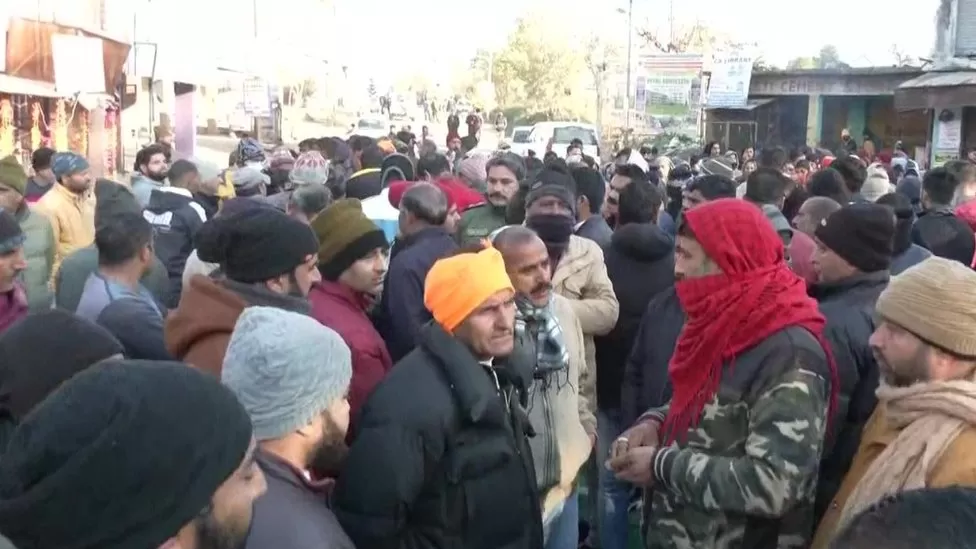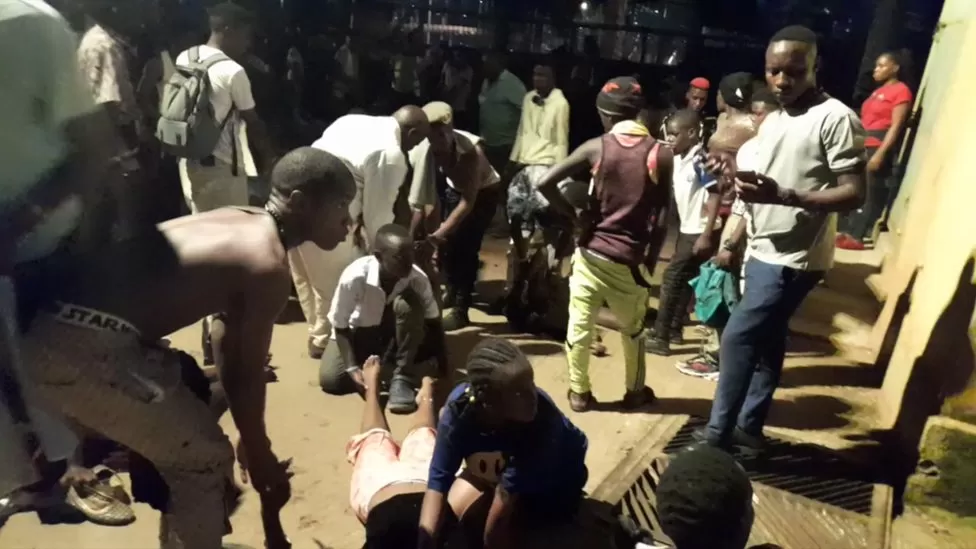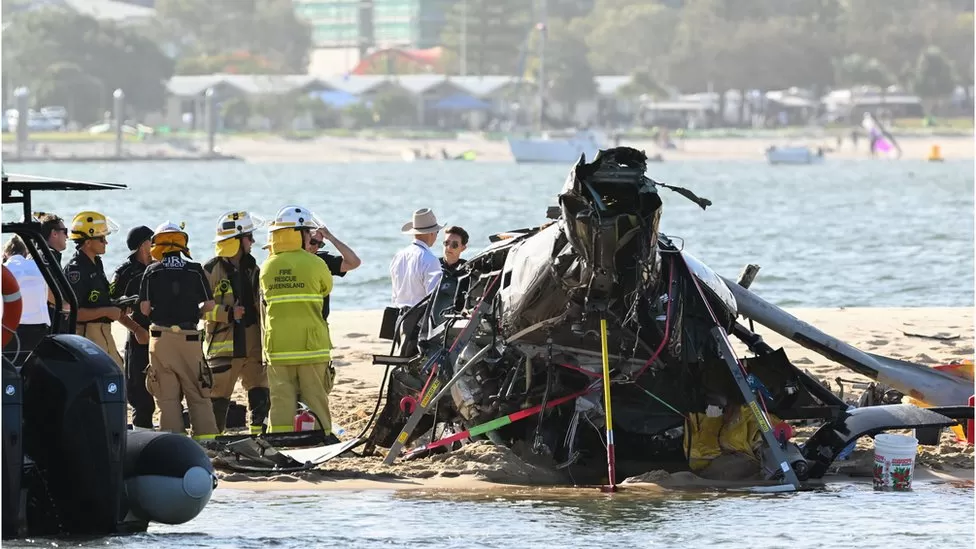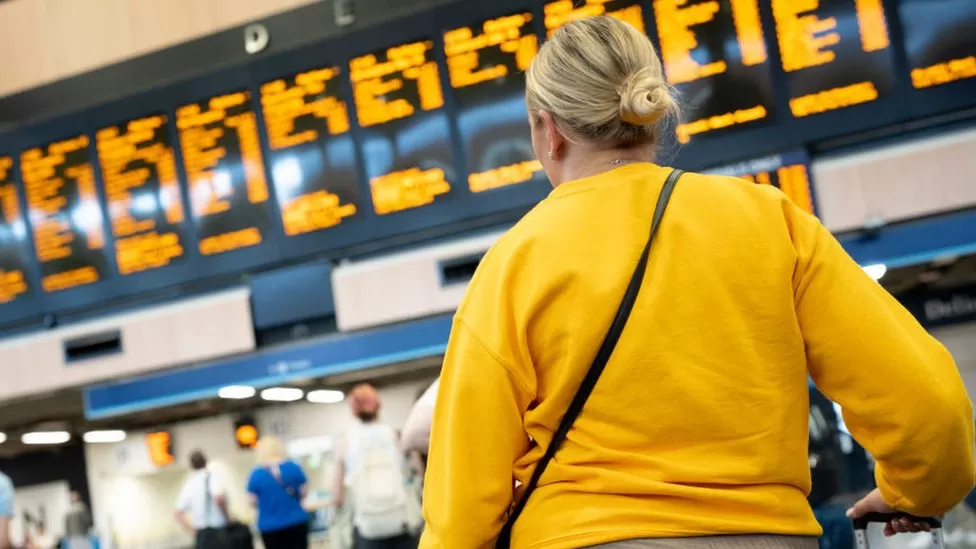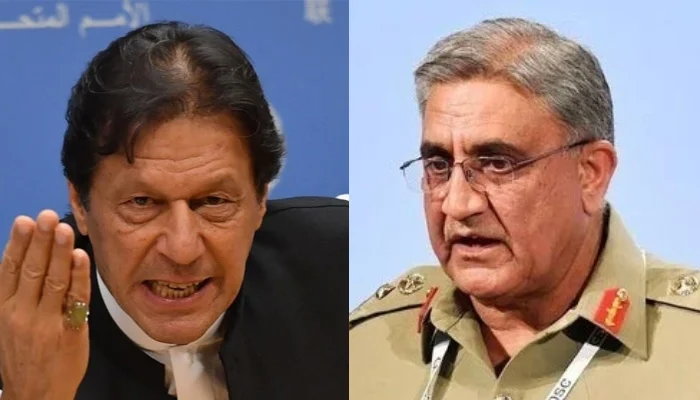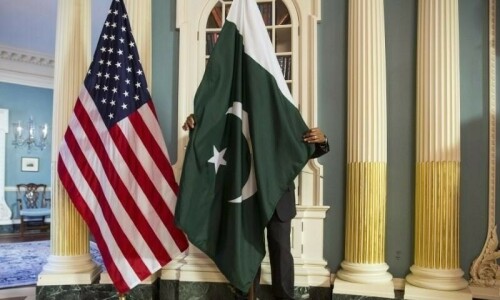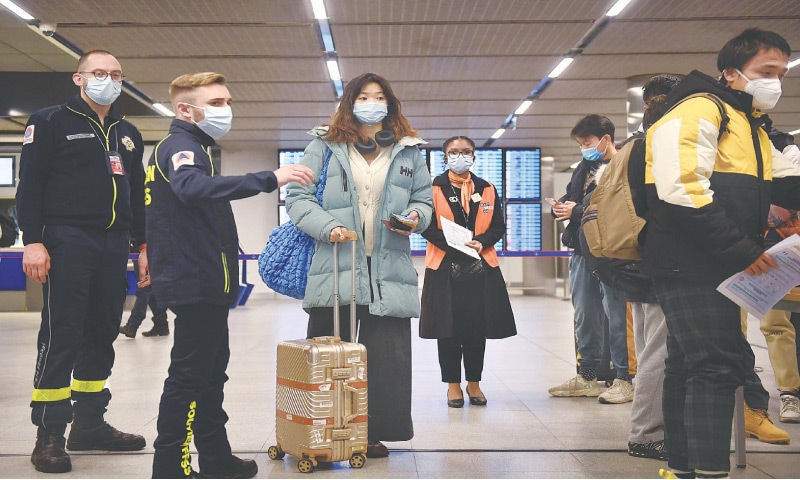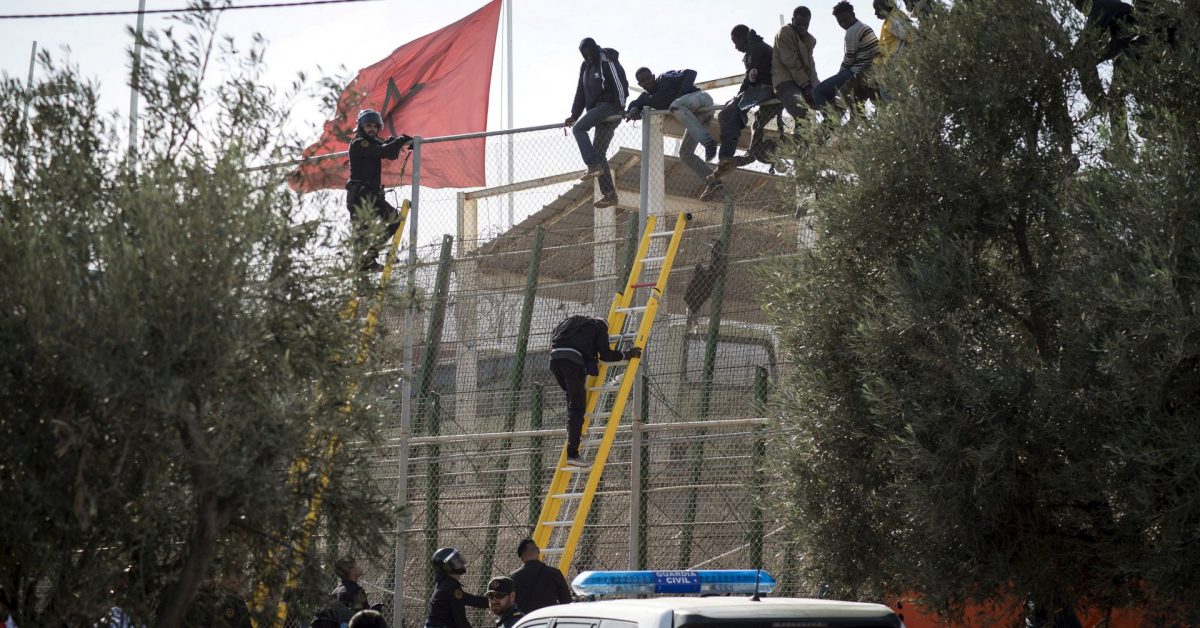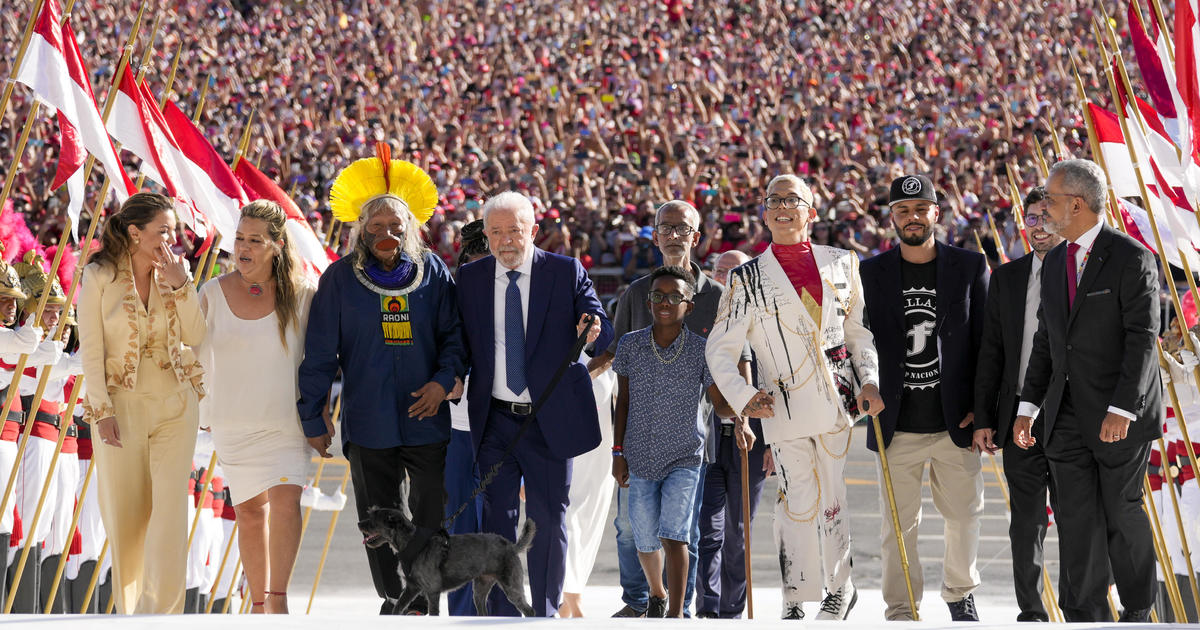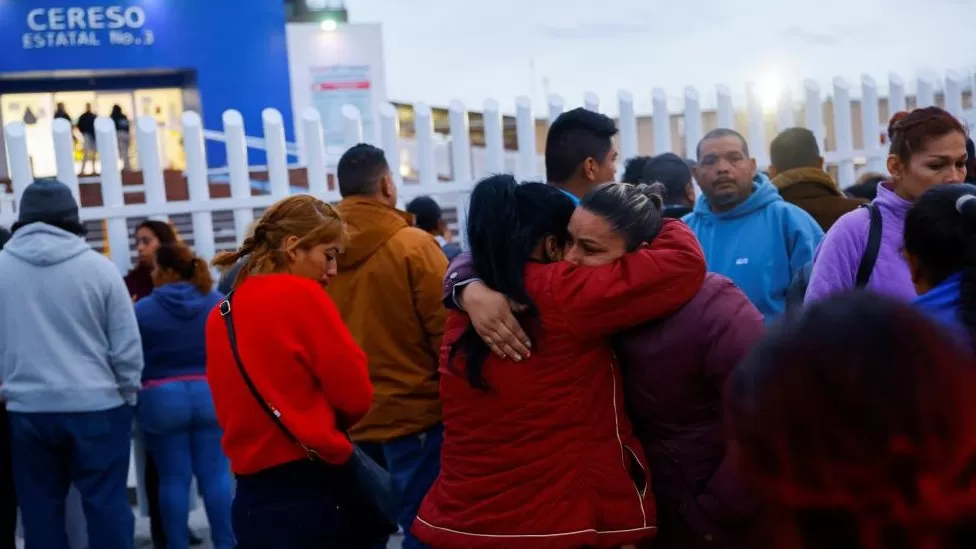Four people were killed and nine injured after militants fired at three houses in Rajouri district on Sunday evening.
On Monday, a child died and four people were hurt after a blast took place near the same houses.
The cause of the blast was not immediately clear.
Top police officials have started an investigation into the incidents.
Sunday’s attack has triggered protests and strikes in Rajouri as people blamed the local administration for the security lapse.
Manoj Sinha, the administrative head of the region, has condemned “the cowardly terror attack in Rajouri” and announced financial assistance for the families of the victims.
“I assure the people that those behind this despicable attack will not go unpunished,” he tweeted on Monday.
The Himalayan region of Kashmir is hotly contested by both India and Pakistan, who both claim it in full but rule it in parts. The nuclear-armed neighbours have fought two wars and a limited conflict over Kashmir since 1947, when India was partitioned and Pakistan was created.
For more than three decades, an armed revolt has been waged against India’s rule in the region, claiming tens of thousands of lives.
India blames Pakistan for stirring the unrest by backing separatist militants in Kashmir – a charge Islamabad denies.
Jammu and Kashmir was India’s only Muslim-majority state until August 2019, when the federal government revoked its autonomy and divided it into two separate territories.
The four people who were killed on Sunday were from the minority Hindu community in Muslim-majority Kashmir.
Over the past year, several Hindus in Kashmir have been killed in targeted attacks by militants, sparking fear in the community.


